Criminal Defense Attorneys Serving Fairfax, Leesburg & Manassas, Virginia
This spring, the United States Supreme Court is considering a case that may determine whether jury deliberations should remain secret, even if the jury includes members that make racist comments to encourage the conviction of a defendant.
In 2007, a Mexican national named Miguel Angel Pena-Rodriguez was convicted of unlawful sexual contact and two counts of harassment after two teenage girls identified him as their assailant. The victims claimed Pena-Rodriguez sexually assaulted them in a bathroom of the accused’s place of employment in Denver, Colorado. After his conviction, Pena-Rodriguez’s lawyers filed a motion for juror contact information. They believed that some of the jurors used racial slurs during their deliberations. Defense counsel was granted permission to obtain affidavits from the jurors solely to gather information about what the alleged racist jurors had stated.
Two jurors came forward, M.M. and L.T., and claimed that H.C., a former law-enforcement officer, made statements that he thought Pena-Rodriguez “did it because he’s Mexican and Mexican men take whatever they want.” Also uttered by H.C. were statements that Mexican men were physically controlling due to their supposed sense of entitlement, that their “bravado” leads them to take action with women, and that “nine times out of ten Mexican men were guilty of being aggressive toward women and young girls.” Finally, H.C. was alleged to have said that Pena-Rodriguez’ favorable witness was not to be trusted because he was an undocumented immigrant.
Juror H.C. made it through jury selection, a process known as vior dire. Several questionnaires, submitted by both prosecution and defense, were presented to each juror, including H.C.. They potential jurors were questioned as to whether or not they held any kind of racial bias. All final members selected to the jury, including H.C., claimed they had no bias.
Pena-Rodriguez moved for a new trial based the information obtained in M.M. and L.T.’s affidavits. The Colorado Court of Appeals was split. The Court found that CRE 606(b), in its application in Pena-Rodriguez’s trial, was not unconstitutional. CRE 606(b) grants a broad protection to jury deliberations, and any statements or shared thoughts made during the process. However there are three exceptions, two of which apply to this case, according to the three Justices that wrote for the dissent: “[A] juror may testify about (1) whether extraneous prejudicial information was improperly brought to the jurors’ attention, and (2) whether any outside influence was improperly brought to bear upon any juror…”
Is it more important to protect jury deliberations, even if statements made could influence fellow jurors to the point of convicting a potentially innocent person solely based on ethnicity or skin color? Or, is an accused’s Sixth Amendment right to a fair and impartial jury more important? SCOTUS will hear arguments on whether or not the trial court’s application of CRE 606(b) was unconstitutional, and how, or if, it affected Pena-Rodriguez’ Sixth Amendment right. As for now, jury deliberations remain secret. Come fall, however, SCOTUS may rule that inappropriate conduct in the jury room, may allow cases to be re-opened.
Alex Gordon is a criminal defense attorney that has more than 16 years of experience representing people in Fairfax County, Loudoun County, and Prince William County. He has been practicing law for more than 20 years and is member of the Florida, Georgia, and the Virginia State Bar. The criminal defense lawyers of The Gordon Law Firm has helped more than 4500 people accused of criminal charges in Virginia.
